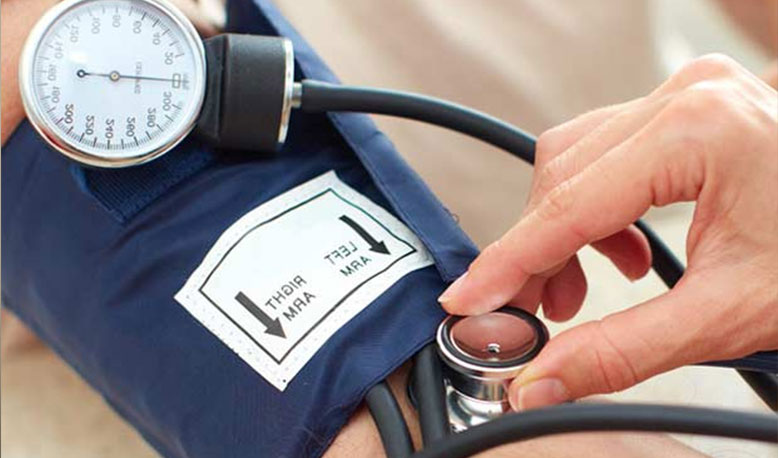
Non-small-cell lung cancer (NSCLC) accounts for about 85-90% of lung cancers. Somatic mutations in the kinase domain of EGFR is present in approximately 20% of NSCLC cases.
Patients with EGFR-TK mutation respond to Gefitinib therapy better than those without the mutation. Some over a period of treatment develop resistance mutations that render the tumors insensitive to EGFR inhibitors.
DGchem DNA tests can help identify EGFR-TK mutations and help doctors in deciding the appropriate treatment for their patients.
EGFR mutational status of non-small lung tumors can help predict response to treatment with EGFR inhibitors Gefitinib (IressaTM) or Erlotinib (TarcevaTM).
Non-small-cell lung cancer (NSCLC) accounts for about 85-90% of lung cancers.1 Lung adenocarcinoma tumors, in 40-80% of cases, are reported to have elevated expression of epidermal growth factor receptors (EGFR), a cellular trans-membrane receptor tyrosine kinase.3 Growth factors bind to EGFR, which is part of a signaling network, to activate cell proliferation and cell survival.5 The improper or constitutive activation of this receptor plays an important role in tumor growth, cellular proliferation and metastasis.
EGFR tyrosine kinase (TK) gene mutations have been identified in NSCLC patients, particularly females, non-smokers and people of East Asian ethnicity. Tumors with EGFR mutants are more sensitive to TK inhibitors Gefitinib or Erlotinib. Patients with specific mutations in exons 18, 19 and 21 of the EGFR gene have a much better response to these inhibitors.4 Clinical studies have found that about 85% of NSCLC patients with TK mutations respond to TKI treatment.2 Over the course of treatment, some patients develop T790M resistance mutations in EGFR kinase domain and no longer respond to TK inhibitors.4Prior to prescribing EGFR-TK Inhibitor drugs, it is reasonable to consider having the tumor specimen examined for the presence of EGFR-TK mutations.
Not all patients that have EGFR-mutations will respond equally.
PCR and sequencing of the coding EGFR exons from the patient derived tumor DNA.
We require 1 slide stained with hematoxylin-and-eosin and 10 unstained, non-baked slides with 10- thick sections of FFPE tumor tissue. The tumor section should contain at least 70% tumor content as verified by a qualified pathologist. Pathology report and a scanned copy of the slides used to assess tumor content should accompany specimen in order for testing to be performed. We can also accept fresh frozen tumor sample. However, we require that the tumor is sectioned and a pathology report be generated that includes an assessment of tumor content - Please call +91-484-2413399/97 or email askus@medgenome.com if you have questions.

DGchem Lab is the best lab in Delhi NCR. We provide free Home Sample collection services and made to realize the importance of investing in a healthy workforce.